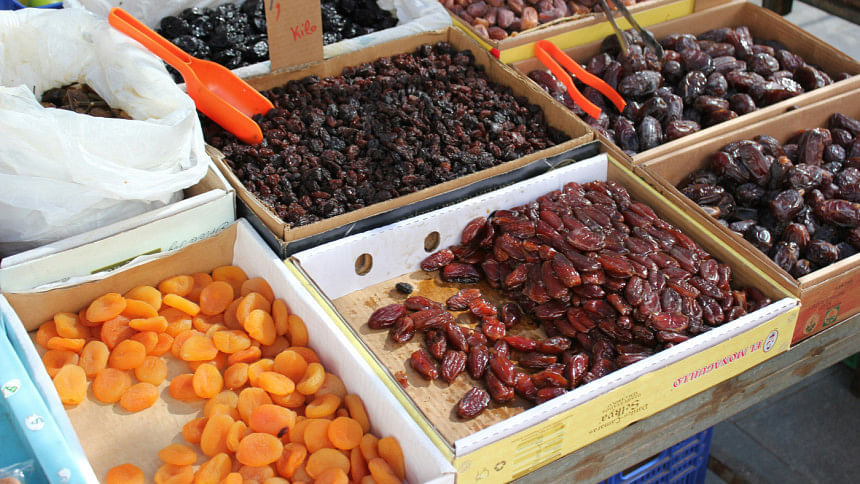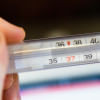Recovering from COVID? Drink, snack, rest, repeat

The World Health Organization, WHO, declared the end of the COVID-19 pandemic on 5 May 2023, although the disease has continued to circulate. As of June, COVID-19 infections are growing or likely to grow in several areas. While vaccinated individuals tend to experience milder illness and recover faster, new variants are making silent moves.
A proper diet is an important aspect of a COVID-patient's recovery. Nutritional recommendations will depend on physical activity and disease-related symptoms, and upon other comorbidities.
Balanced nutrition is vital for maintaining health, especially during an infection. Respiratory difficulties add an extra layer of complexity, preventing patients from eating effectively. People might not be able to eat enough food to meet their nutritional needs during COVID recovery.
Muscle wasting is the most common complication of critical illness, occurring in up to 50 percent of the patients, which can seriously lengthen recovery times, impair immunity, and increase infection. Even those who did not require hospital support are afflicted with severe weakness, due to high catabolic condition during the duration of virus attack.

All this implies an underlying necessity of following dietary rules, such as:
- Energy and protein rich nutrition according to the condition must be supplied.
- Ensure enough vitamin C and antioxidants to improve the fighting capacity.
It is preferred that every meal contains 25g of protein. Consume smaller-sized portions to prevent an empty stomach routinely, approximately 6–8 times per day. Ensure proper rest prior to the largest meal of the day. Soft foods and liquid can be less taxing for those that suffer from fatigue.

Add dried fruits and food to improve the calorie intake.
Limit consuming extremely hot food.
Limit the intake of lactose; opt for sour milk products such as yoghurt instead of sweetened milk products.
Strengthen the taste by adding herbs and spices. Mustard can be used to bring dishes to desired taste level.
For COPD (chronic obstructive pulmonary disorder) patients:
- Calcium requirement is 1000–1200mg/day.
- Vitamin D requirement is 1000 to 2000 IU per day for adults.
- Fluid: 2 to 2.5 litres (in addition to the fluid lost). Use a short straw when drinking if there is vomiting tendency.

 For all latest news, follow The Daily Star's Google News channel.
For all latest news, follow The Daily Star's Google News channel. 








Comments